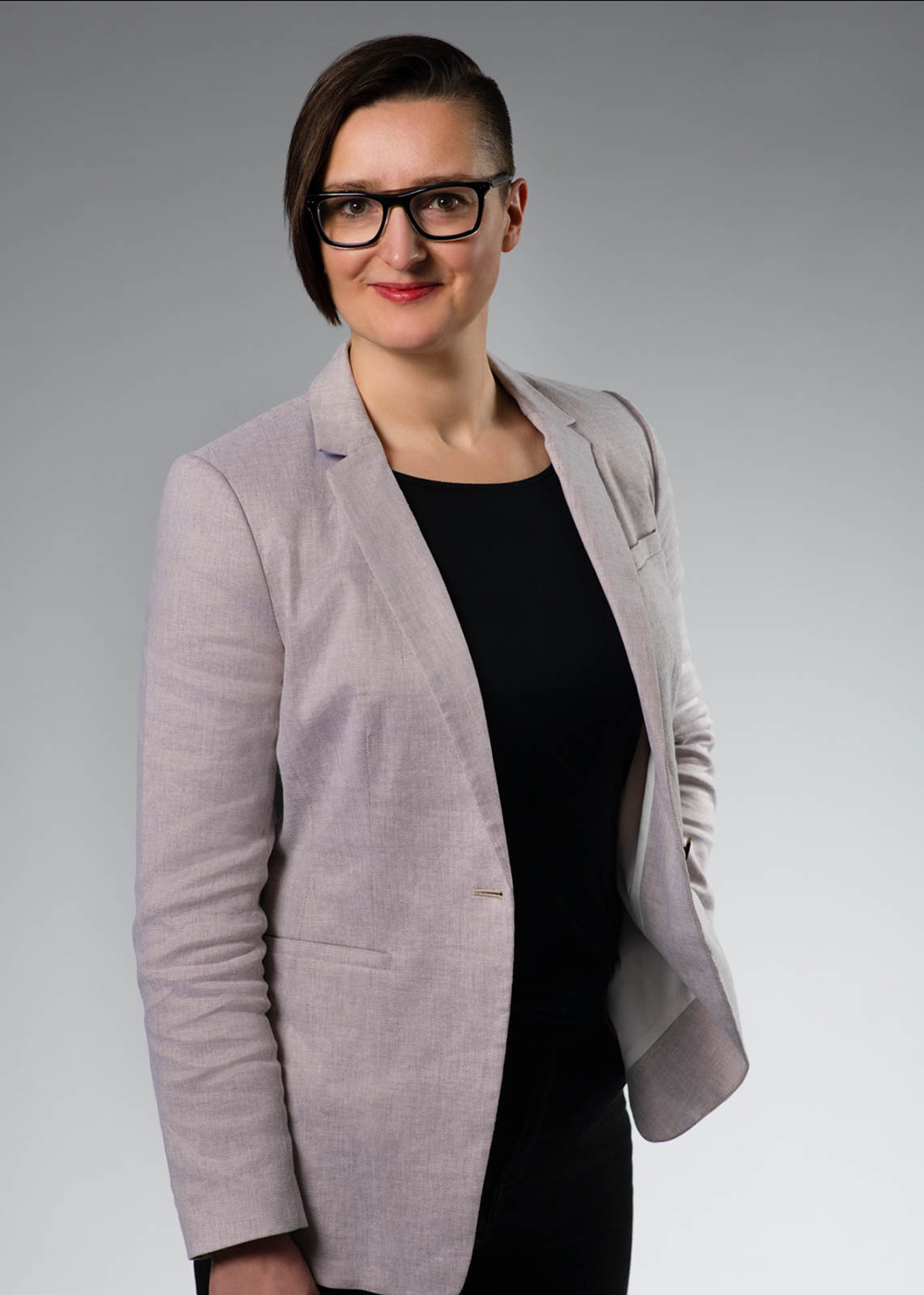Katja Thieme
Research / Teaching Area
About
Dr. Katja Thieme analyzes contemporary and historical Canadian writing from a rhetorical and genre-theoretical perspective. In previous work, she studied the discourse of the Canadian women’s suffrage movement in the late nineteenth and early twentieth century. In publications on the genres of the Canadian women’s suffrage movement, she investigated how suffragists organized themselves through forms of writing and publishing, and how they used letters, newspaper pages, and performances to persuade politicians, male voters, and other women. Turning to more contemporary examples of such organizing, she studies the digital texts of political movements such as those produced during the hunger strike of Chief Theresa Spence (2013-14) and during the protests against the North Dakota Access Pipeline (2016-17). She works and teaches in three units at UBC: Arts Studies in Research and Writing, the Department of English Language and Literatures, and Vantage College. She teaches courses on academic writing, writing and discourse studies, and Canadian and world literature.
WRDS 150 Research Area: Oral History OR Surveillance
Teaching
Additional Description
Websitehttp://faculty.arts.ubc.ca/kthieme/
Oral History
In this section we will study what oral history is, and how the humanities and the social sciences use it. Spoken history can be found in any setting: we form a sense of our personal histories by hearing stories about our families, our cities, and regions; we also tell historical narratives about ourselves to authorities in schools, court houses, and government offices. In addition to this everyday oral history, Indigenous communities have formalized ways of maintaining their cultural systems through storytelling protocols.Looking at examples of both these types of oral history, this course will investigate: How do oral histories and traditions shape the communities in which they occur? How do research disciplines such as social history, anthropology, and health studies use oral stories and traditions? As we explore these questions, you will learn to identify and use different research methods, types of data and evidence, and elements of style in research writing.
Surveillance
This section of WRDS 150 is specifically designed for students who are studying in a faculty other than Arts at UBC. To help us focus our investigation into how different disciplines write and communicate, we will investigate how the concept of surveillance is developed and used in areas such as health studies, media studies, and ethics in science and engineering. Surveillance has become a research issue of practical concern (e.g., with what surveillance tools can global spread of diseases be effectively observed and controlled?), as well as of ethical questions (e.g., what should the ethics be for using drones in applied science work?). Looking at examples of how these questions have been discussed in research writing, this course will help you identify and use different research methods, types of data and evidence, and elements of style in research writing.
WRDS 150 – Oral History
In this section we will study what oral history is, and how the humanities and the social sciences use it. Spoken history can be found in any setting: we form a sense of our personal histories by hearing stories about our families, our cities, and regions; we also tell historical narratives about ourselves to authorities in schools, court houses, and government offices. In addition to this everyday oral history, Indigenous communities have formalized ways of maintaining their cultural systems through storytelling protocols.Looking at examples of both these types of oral history, this course will investigate: How do oral histories and traditions shape the communities in which they occur? How do research disciplines such as social history, anthropology, and health studies use oral stories and traditions? As we explore these questions, you will learn to identify and use different research methods, types of data and evidence, and elements of style in research writing.
Office Hours: Buchanan Tower #405—Thursday 11:30-12:20 / Lower Mall Research Stn. #202—Wednesday 1:30-2:50
